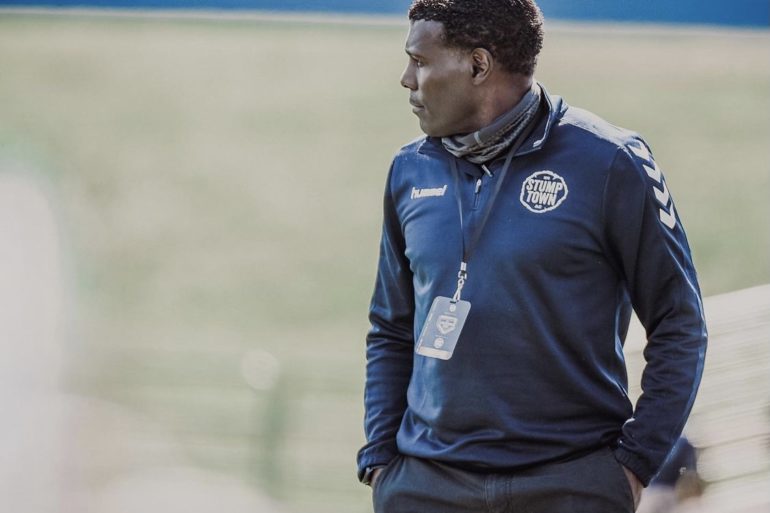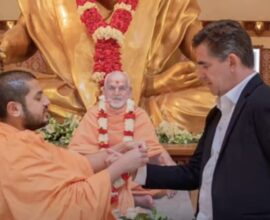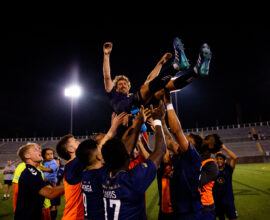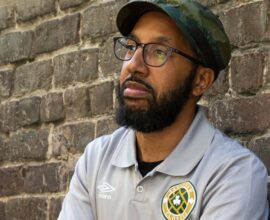Difference Makers in the Game of Soccer: An Interview with Stumptown AC Head Coach Rod Underwood
By Alexa Doebler
Heading into Week 4 of our 2021 Spring Season, our Game of the Week comes to you from Matthews Sportsplex, the stadium of NISA’s newest team, Stumptown AC. They will be lacing up to take on Cal United Strikers FC this Saturday, May 22nd.
And while this club is young- 7 games and about 2 months since initial tryouts- they are taking to the pitch in an impressive showing for such a young team. With their first games being in the Legends Cup tournament, finishing with a 1-1-1 record, and now with a 2-1-0 Spring Season record, the team is showing up on the field in a way that suggests a team that’s been together much longer than their short time as a club.
I had a chance to speak with Head Coach Rod Underwood and in doing so, it became prevalent that perhaps one of the biggest difference makers in the team’s early success comes from the guidance on the sideline. Underwood has not only put in the time as a professional coach and player, he has also filled just about every role in the coaching world, from scouting to youth clubs/academies to coach education…you name it, he has spent some time there.
It is likely that all of these years of experience in the various communities and roles that he had has led to his current success and, more importantly, his current outlook on coaching. When asked about how his journey through the soccer world has influenced how he coaches and views the game, Rod comments on how unique it is to have had his experience at so many levels.
“That’s the unique part of it, because I think I’ve done pretty much everything coaching-wise in the game. In the sense of learning at all the different levels, understanding all the different sorts of players, learning why young players start playing the game, learning why young players continue to stay in the game, learning how to deal with different personalities of kids, learning and figuring out what life looks like for them… And then you get to the professional level, and taking all that in, what I try to do is this. These guys are adults, so I treat them as adults and I treat them as human beings. They are not athletes to me first. They are not soccer players to me first. They are people first. And then we can work from there. And that’s really what working at all the different levels has shown me.”
“When I first started it was ‘all about the game, all about the game’, and then I realized how while the game is really important, it’s almost second to dealing with the people and dealing with the players and dealing with personalities. The game-the technical, the tactical, the physical- you can’t do the game without it, but those things are almost secondary if you don’t have relationships with the players on a human level.”
It’s safe to say that Coach Underwood definitely has a very altruistic and egalitarian view of both coaching and the game when he gets talking. His passion for doing right by his players and giving more than just game play guidance comes through immediately. And the term ‘difference makers’ has big significance both on and off the field for him.
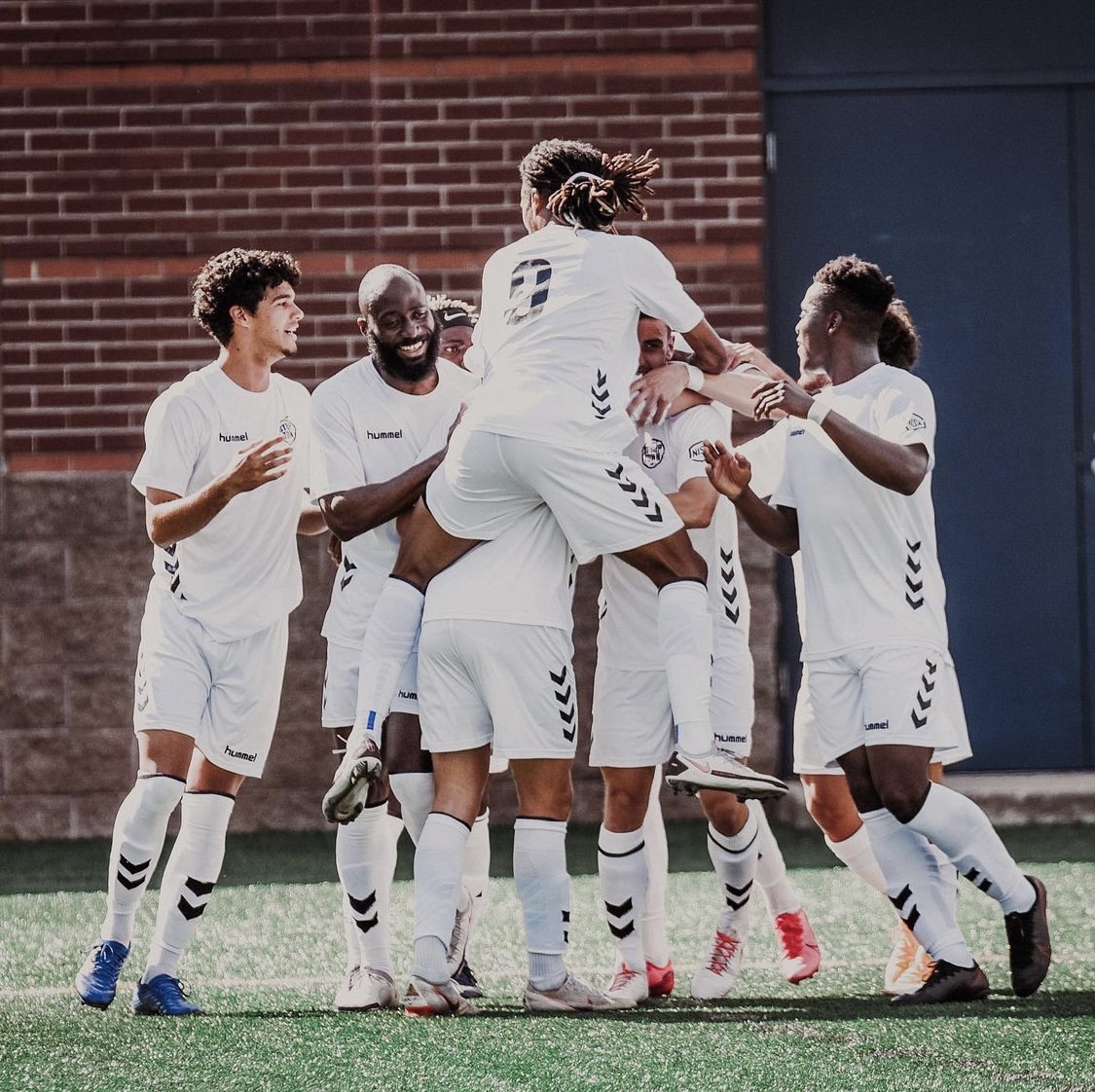
Something special is happening here. And we’re just going to ride the wave.”
“From the soccer sense, I believe players make plays. I believe coaches help players get in spots to make plays. I believe that coaches get the team on a path. And the teams that consistently make those plays, typically win games. And I believe that comes down to difference makers. Guys that can just feel things, do things… those are things you just can’t coach.”
“And then you take it off the field, you need difference makers. You need people that are willing not to be in the group think tank. People who say, ‘Since everyone believes this, I’m going to go this way’. You need people that are independent thinkers, that are willing to take risks and are willing to be wrong to get something right later on down the line. And those are the people that change lives, that impact culture and change lives. They have generational impact. And that’s gotta be the goal of every single human being: how do I have generational impact? That the generations that are behind me have been influenced by what I’ve done in a positive way.”
I asked Rod if it was safe to say that that was the legacy he hoped to leave behind. And of course, his answer was, again, looking at the greater good.
“I just want to make it better for others. I want my struggles to help others, I want my successes to help others. I just want people to look out and be able to say, ‘I can do it, I have a chance’.”
Talking of difference makers on and off the field led to looking at the sport as a whole and how we can progress the sport to be better, what kind of difference makers we need to help the sport grow in a direction that does indeed show youth that they can do it, that they have a chance. Some of those spaces for growth in Underwood’s opinion, come down to how the sport reflects our communities and how coaches can impact their players.
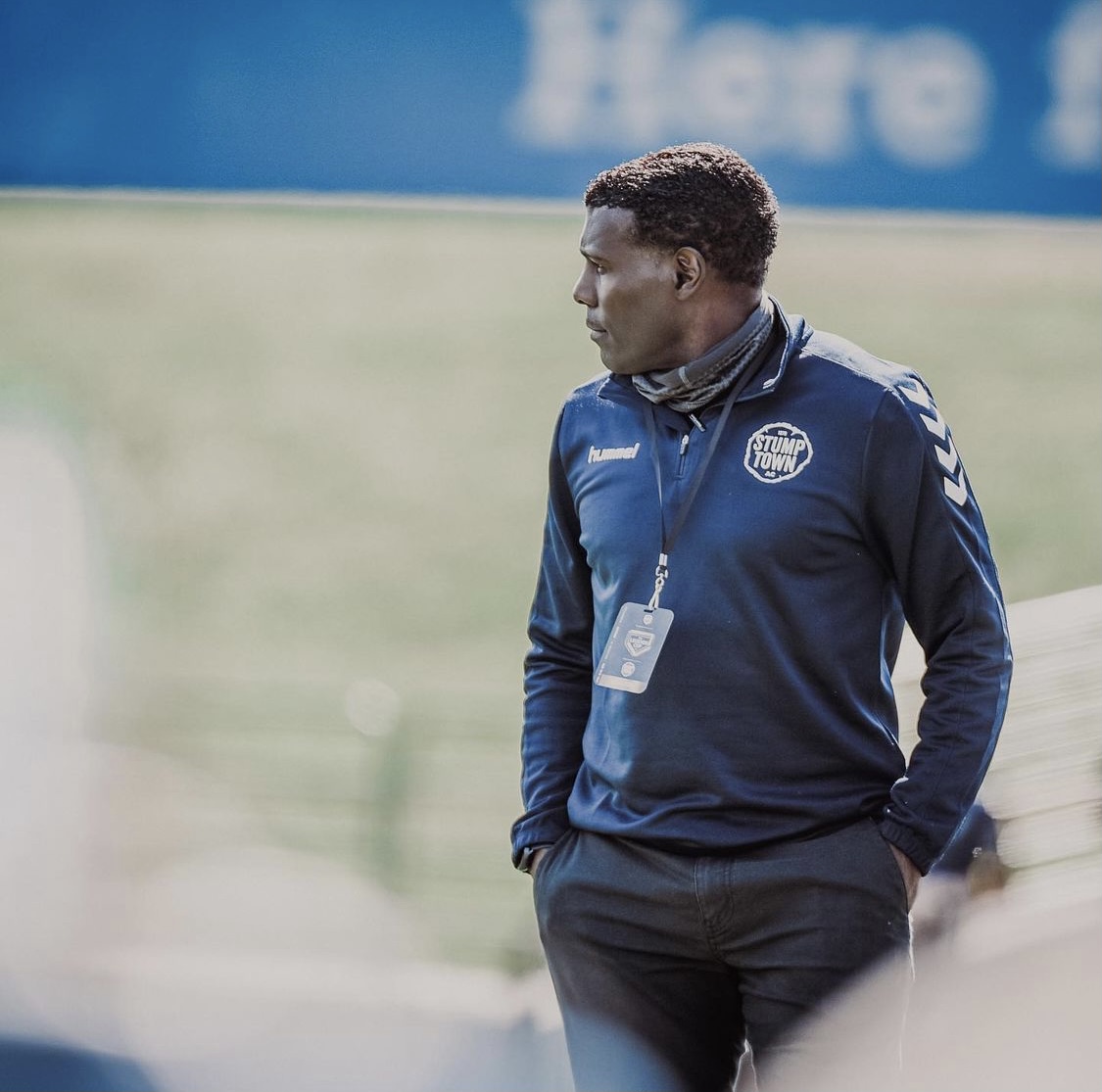
“Right now, people have to choose between basic life things. If we had that level starting point, we wouldn’t need to be having these discussions about inclusion. Because we’d be just choosing people by ability. And if they all had an equal starting point, equal footing, you would see different types of people in those roles. For example in professional sports, you’d have minority ownership and you would have women in positions of power that they could make selections looking at the best people. And that’s the same thing in the game. The reality is, if you are educating people and teaching people, the numbers will work themselves out, if we are doing it right. So, the game has to look like our communities. It has to look like our country. And if not, we are not doing the game a service whatsoever. And we’re not helping people.”
“We need to figure out how to get away from this ‘pay to play’ model. Because at the end of the day, the reality is, it doesn’t work.”
Underwood goes on to explain that it’s not just the fact that the pay-to-play model excludes people in our communities, creating an unequal starting point to simply access the game, but also how it can create negative experiences for those who can afford to play but are not at that level yet. In essence, the pay-to-play model is setting us up to exclude players that have the talent to play at the higher level and more represent the reality of our communities and to include and advance players that may not have the talent needed for those higher levels, simply because they can afford it.
Underwood has experienced how this plays out in the youth levels and feels most coaches have probably experienced this same sort of thing.
“Every youth coach can relate to this. Your director comes to you and says, ‘You need 18 players’. And you say, ‘Well I don’t have 18 players, I have 15.’ ‘Well you need the other 3 because they can pay and it helps pay the bills’….that’s a problem. Because all you have created is a bullying opportunity for kids. Because now, you’ve put kids in a competitive environment that they don’t belong in. And at those higher levels, kids know. And we as coaches and as directors are creating these opportunities for kids to be in a negative environment. And you gotta forget about the soccer. What’s the long term effect on their life as people by putting them in those environments because you need the money? It’s not good.”
Underwood spent years teaching coaching education and again found himself seeing where we need improvement in our coaches in the sport.
“Most coaches are regurgitators. They take in information and say, ‘Ok that looks good. I’m gonna go in and do this training session today.’ And that’s not good for the development. You have to make it your own, put your own spin on it. Coaches need to say, ‘This is my vision, this fits into my vision.’”
Not only does he feel coaches need to know their vision and tailor their training to that vision, but he also feels it necessary for coaches to understand how to develop players and the necessary efforts on the side of the coach to help their players grow.
“There are many coaches at those top clubs, elite levels, academy situations, that don’t understand the full scope of what it means to develop players. And at those levels, you can develop and win if you have a way of doing things. You’re working with players. They have a finite amount of God-given talent. You don’t know what that end result of that talent is. So it’s your job to work as hard as you can for those players every single day that you see them.”
After much talk on progressing the sport and his experiences along his journey in soccer, we turned our focus back to Stumptown AC and his approach to coaching this new club.
“I take this approach with the players. I don’t expect what they can’t give. I take what they can give. And there needs to be a connection for me to work with a player. Because when I have a personal relationship with you, I know I can push you and I can have expectations for you without overstepping the bounds. And I know what does work for you and what does not work.”
“Basically what I tell people, I coach the soccer that I’m going to go buy a ticket for and I’m going to go watch. If I don’t want to watch it, I don’t want to coach it. I just stick to that. It doesn’t mean my way is right. It’s just that I’m enjoying it. I’m having fun watching them. I’m having fun seeing them play and enjoy themselves. I’m having as much fun as they are. And I just think all that leads to us having a chance to build something really great.”
“And this team, the players have just been fantastic. These guys are super. They are together. They impress me everyday. They show up every day. They work hard and they fight and they battle. Everybody wants to play. In the end, when they walk off the field, it’s together. Something special is happening here. And we’re just going to ride the wave.”
“Our motto is can we be a little bit better each day. Can we be 1% better, 2% better? Hey if we can be 10% better today, that’s fantastic! I try to keep the guys on tunnel vision. We’re going to try and get better and everyday we’re going to try and add little things that make us a little bit more dangerous, make us a little bit more together, make us a little bit more unpredictable. I don’t put the pressure on them. I believe in the process. The process is more important. We don’t control the outcome, we just control what we do. And that’s what we focus on.”
Head Coach Rod Underwood can definitely be categorized as a visionary but also one who knows the realities of soccer in the US. He has lived this sport on so many levels that he can see the areas for improvement and growth and even the challenges we face to get there as a sport. But amidst all of that, he still believes that each person in the sport can aim to be a ‘difference maker’ and that, perhaps, if there are enough difference makers showing up at the table willing to do right by the sport and the players, we may just be able to have some generational impact on the game.

